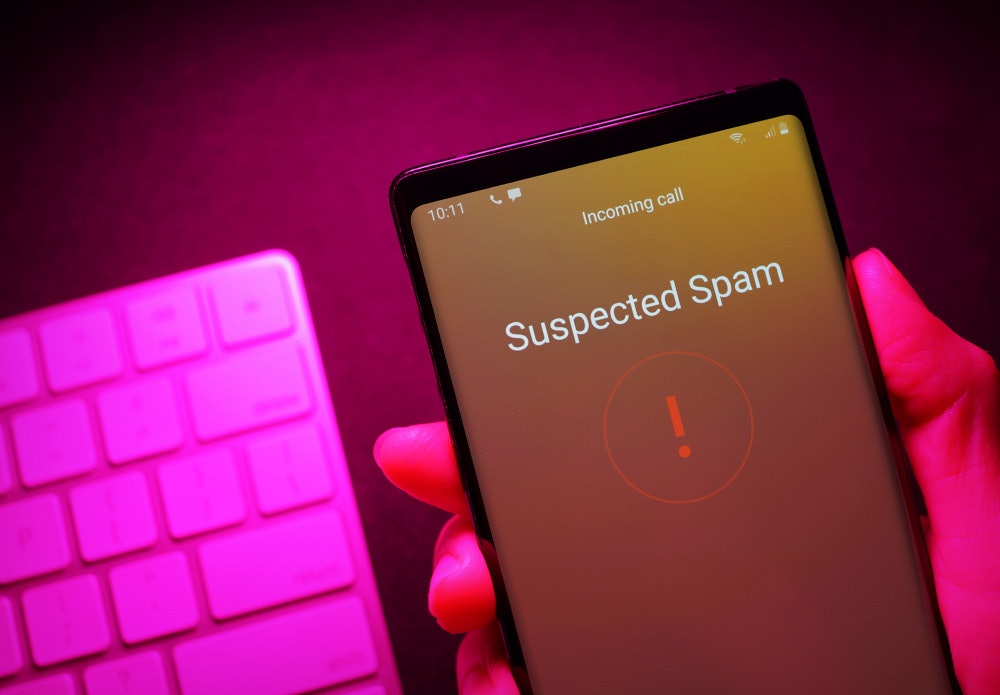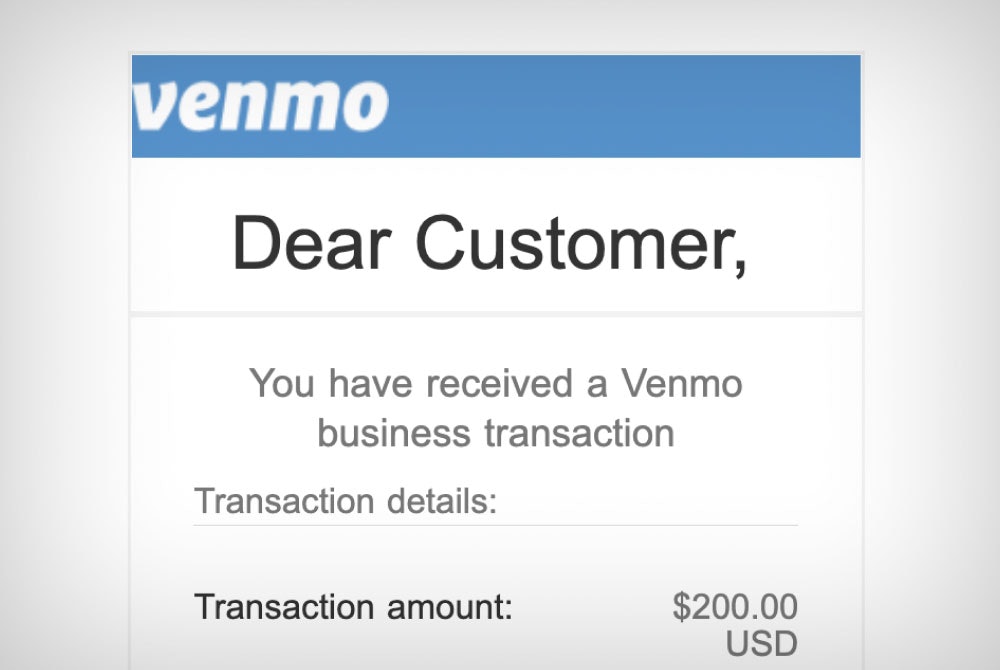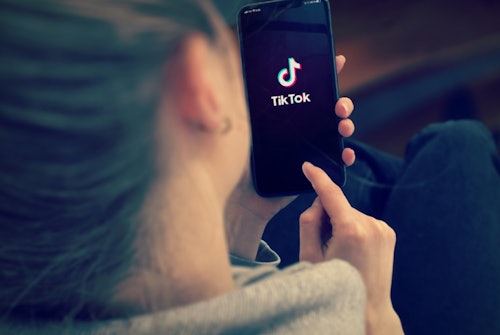- Health Insurance Spam Calls: Marketing vs. Scam Calls
- What to Do If You Receive a Spam Call
- Signs of a Health Insurance Scam Call
- How to Block Spam Calls
- Common Health Care Scams
- How to Recover After Falling for a Health Insurance Scam Call
- Frequently Asked Questions
If you have a phone, chances are you've received a recorded message or robocall about health insurance options. If you've compared health insurance policies in the past, you've likely received more calls than you can handle. Although these health insurance spam calls can be nothing more than an annoyance, they can lead to lost money and identity theft.
Health Insurance Spam Calls: Marketing vs. Scam Calls
There are two different types of health insurance calls that we generally receive. Health insurance spam calls can come from legitimate health insurance providers or comparison companies who are just trying to sell you a legitimate plan. On the other hand, health insurance scam calls come from criminals attempting to steal your money and identity.
Marketing and Sales Calls
Most health insurance spam calls start with a recorded message, requiring you to press a button to be connected with a real person and learn more about your health coverage options. If you press the button to be connected, you'll be transferred to an actual insurance agent selling health insurance.
Health Insurance RobocallThis is a very important message from the health insurance marketplace. Please press one to be transferred to one of our representatives.
These sales calls are simply marketing techniques and aren't designed to steal your money or identity. If you talk to a representative and sign up for a new health insurance plan, you will be enrolled in a real plan and have health coverage.
However, sometimes it can be challenging to tell a spam call from a scam call, so be cautious if you receive one of these phone calls. The best thing to do if you receive a robocall about health insurance is to hang up. Don't press a button to be connected with a representative as it could be a scam.
Health Care Scam Calls
On the other hand, scam calls are dangerous and could end in lost money and identity theft, which can cost you thousands of dollars and take you years to recover from. These phone calls may start with a robocall like regular spam calls, or you could be connected directly to a real person.
There are a few differences to note that should alert you to a scam. Scam calls may:
- Be marked as "Scam likely" or something similar, depending on if you have scam blocking enabled on your phone.
- Have a health insurance company as their caller ID. In some cases, this may not even be your insurance provider.
Once you pick up, you may also notice some signs of a scam, such as:
- The caller asking for personal or financial information (e.g., your Social Security number or bank account information).
- A rude, demanding, or threatening caller.
- An offer for medical discount plans or health insurance offers that sound too good to be true.
- Lack of information about health insurance plans offered (or refusal to send you more information before you make a decision).
- Unexpected calls from your health insurance company (your insurance provider generally won't call you to try to sell you a different plan).
If you give your information or money to a scam caller, you won't have a new health insurance plan, and your money will be gone. You also risk having your identity stolen.
What to Do If You Receive a Spam Call
Receiving health insurance spam calls (i.e., unwanted calls) can be harmless, but more often than not, you could end up with lost money. Some incoming calls are designed to generate leads, but some are complete plots to scam you out of your money and steal your identity.
If you pick up one of these phone calls and are greeted by a recorded message, you can either:
- Hang up (you may be able to report the call as spam, depending on your carrier)
- Press a number to be connected with a sales representative (NOT RECOMMENDED)
- Press a number to be added to the Do Not Call list (not all calls may give you this option)
Since you can never be sure whether a call is coming from a scammer or a legitimate insurance provider (or comparison company), the safest thing to do is hang up. Pressing a number to be connected to a sales rep could potentially connect you with a scammer.
If you speak to a sales representative, be on alert for any signs of a scam.
If you answer a call and are connected with a sales representative, you should:
- Ask what company they're from and tell them you'll call them back. Don't call them back on the same phone number they provide; look the company up online and call the number found on their website.
- Do your research on the company and its policies, especially if they say they're from an unfamiliar company. Use only official websites for your research.
- Ask for specific details on the insurance provider, policy, and costs. A genuine insurance agent who sells plans should know the ins and outs of each policy they are recommending.
- Don't give any of her personal or financial information, including your:
- Social Security number
- Bank account information
- Credit card number
- Medicare ID card number
- Don't provide payment. The caller may ask for payment for initial fees—don't give payment for anything over the phone. You should receive official documentation from your health insurance provider asking for payment.
Don't be afraid to end the conversation and hang up if you feel as though you're being scammed.
Signs of a Health Insurance Scam Call
If you are connected with a health insurance agent, signs of a potential scam include:
- Lack of information about the health insurance provider or policy.
- A request for an initial payment, especially if they ask for an unconventional payment method, such as a wire transfer or gift card.
- Use of threats.
- A sense of urgency—scammers are generally very pushy and want you to act immediately.
- A request for personal or financial information (especially your Social Security number).
- Not giving you time to look through policy options or documentation before making a final decision.
- Not being allowed to call the representative back—if they give you a phone number, it won't match the phone number of the company they represent.
- Robocalls where the caller ID shows a name of a major insurer. These are often spoofed phone numbers.
- Offers for promotional gifts or a discount plan if you provide some personal information.
- An offer for a free health plan or other medical discount plans.
Don't Trust Robocalls
Even if you think a robocall is just a sales call and not a scam, don't trust it. Genuine calls from health insurance providers shouldn't start with a robocall—if you requested a callback or a quote, you should get an actual human on the other line.
How to Block Spam Calls
If you're sick of receiving health insurance spam calls, there are things you can do to minimize the amount you receive, such as:
- Report unwanted calls to your cell phone provider.
- Use a spam-blocking app.
- Block phone numbers that you know are spam.
- Add your number to the Do Not Call Registry.
Depending on your cell phone company, incoming calls may be automatically marked as "Suspected Spam" or something similar. When you see this notification on calls, you can simply choose to hang up on the call or ignore it.
If a genuine health insurance company is trying to contact you about something important, they will leave you a voicemail or try to contact you again. Some robocalls may make it to your voicemail, but most won't.
Common Health Care Scams
Several health care scams happen over the phone, via email, and by mail—but mostly by phone. Here are some of the common health insurance spam calls you may receive.
Be Extra Wary During Open Enrollment
Open enrollment is when you can switch health care plans (when you don't qualify for special enrollment) and usually starts November through to the end of the year. During this time, health insurance spam calls are more common, and you may notice your phone ringing non-stop.
Fake Health Insurance Plans
Some of the most common health insurance spam calls are attempts to sell you fake policies. The caller will try to sell you a plan that doesn't actually exist and make it sound like a great option to entice you to sign up. Once you provide your payment and personal information, they will claim you're all signed up when you're not.
They will take off with your money and may even use your information to commit identity fraud.
Medical Discount Plans
Medical discount plans are actual plans you can pay for that will give you discounts on some health care services and products. Unfortunately, while they're technically not scams, some marketers use sketchy techniques to make you think you're signing up for a full health plan when you're not.
We can call these sales tactics scams because the reps knowingly mislead you into spending a monthly fee on something you don't fully understand.
Medical discount plans are not a substitute for health insurance plans. They're an add-on to help you pay for things your health insurance plan may not cover.
Health Insurance Marketplace Fees
Health insurance can be complicated, so there is a government service that can connect you with a health insurance broker, agent, navigator, or assistor to help you navigate the health insurance marketplace and get you signed up for coverage.
This service is completely legitimate, but scammers will often charge you a fee for this service, which is a scam. This service is completely free—if anyone asks you for money to provide you with this service, it's a scam. It's actually against the law for these service providers to charge you a fee.
Government Agency Impersonators
Many scammers pretend to represent a government agency to appear more legitimate. Think about it; if you get a call from a Medicare representative, you're more likely to talk to them versus a salesperson representing a random health insurance company.
Scammers may pretend to be:
- Medicare representatives telling you you need to sign up for a new Medicare card.
- Social Security Administration (SSA) reps asking for your health insurance information.
- Internal Revenue Service (IRS) reps asking for your health insurance information for your tax refund.
Many different versions of this scam are designed to trick you into giving away your money or personal information.
Government agencies will never call you to ask you about your health insurance plan or status.
Online Pharmacies
There are several pharmacy websites that sell dangerous drugs that haven't been approved by the Food and Drug Administration (FDA) even though they claim it. Buying medications from these sites may be a cheaper option, especially if you don't have health insurance, but you could severely harm your health.
There are also fake online pharmacies that are designed to steal your information. They'll be set up to look legitimate, offering popular prescription drugs at a discounted price. Once you order your medications and enter your payment and shipping information, your order never arrives. Instead, the scammers will use the information to go on a spending spree using your credit card and even commit identity fraud.
Health Insurance Fraud
If you receive a bill from your health care provider, check each item carefully to ensure you're not being billed incorrectly. In some cases, your provider may have just made an honest mistake, but in other cases, it may be health insurance fraud.
Health care providers may be fraudulently billing you for services that you never received so they can make more money. Additionally, scammers may send fake bills to get your credit card number and other personal information.
How to Recover After Falling for a Health Insurance Scam Call
If you realize too late that the call you received was a scam, you need to act quickly to minimize the damage that is about to happen. You should:
- Report the scam to the authorities: Contact the Federal Trade Commission and report the fraud and the phone number you were called from. If you gave the scammer your money, you might also want to notify your local police.
- Contact your bank or financial institute: If you provided your credit card number to the scammer, report the scam immediately to your bank so they can cancel the card and stop the scammer from making fraudulent transactions. They can also refund or reverse any unauthorized charges that have already been made.
- Place a fraud alert on your credit report: You must flag the credit bureaus if you gave the scammer your Social Security number. Placing a fraud alert will ensure that creditors take extra steps to verify your identity before extending lines of credit. For ultimate protection, you can freeze your credit completely.
- Block the phone number and install a call blocking app on your phone: Since the scammers were successful once, your phone number may be targeted in even more scams, including non-health care-related scams calls. Prevent these unwanted calls from reaching you in the first place by blocking them.
- Take the necessary steps to recover from identity theft.











Comments